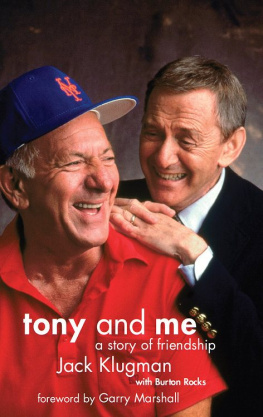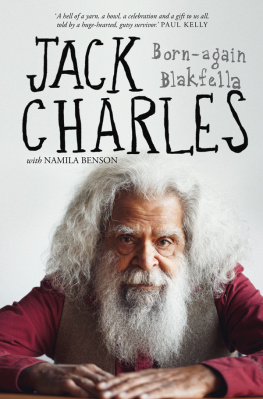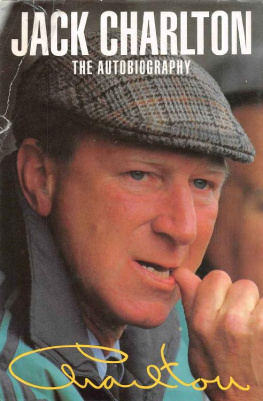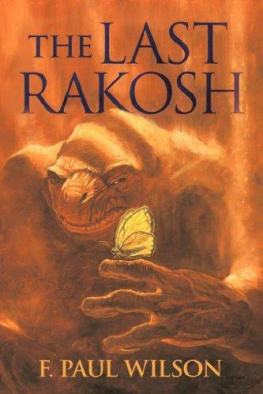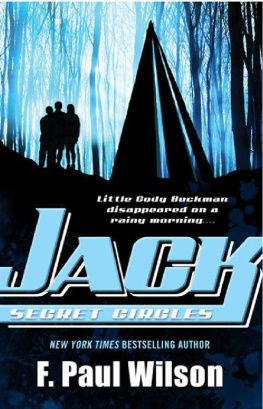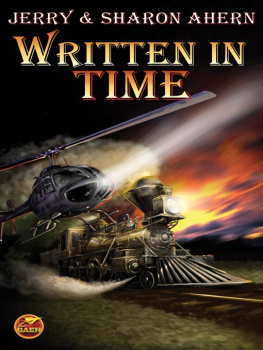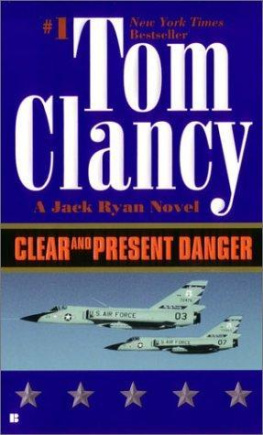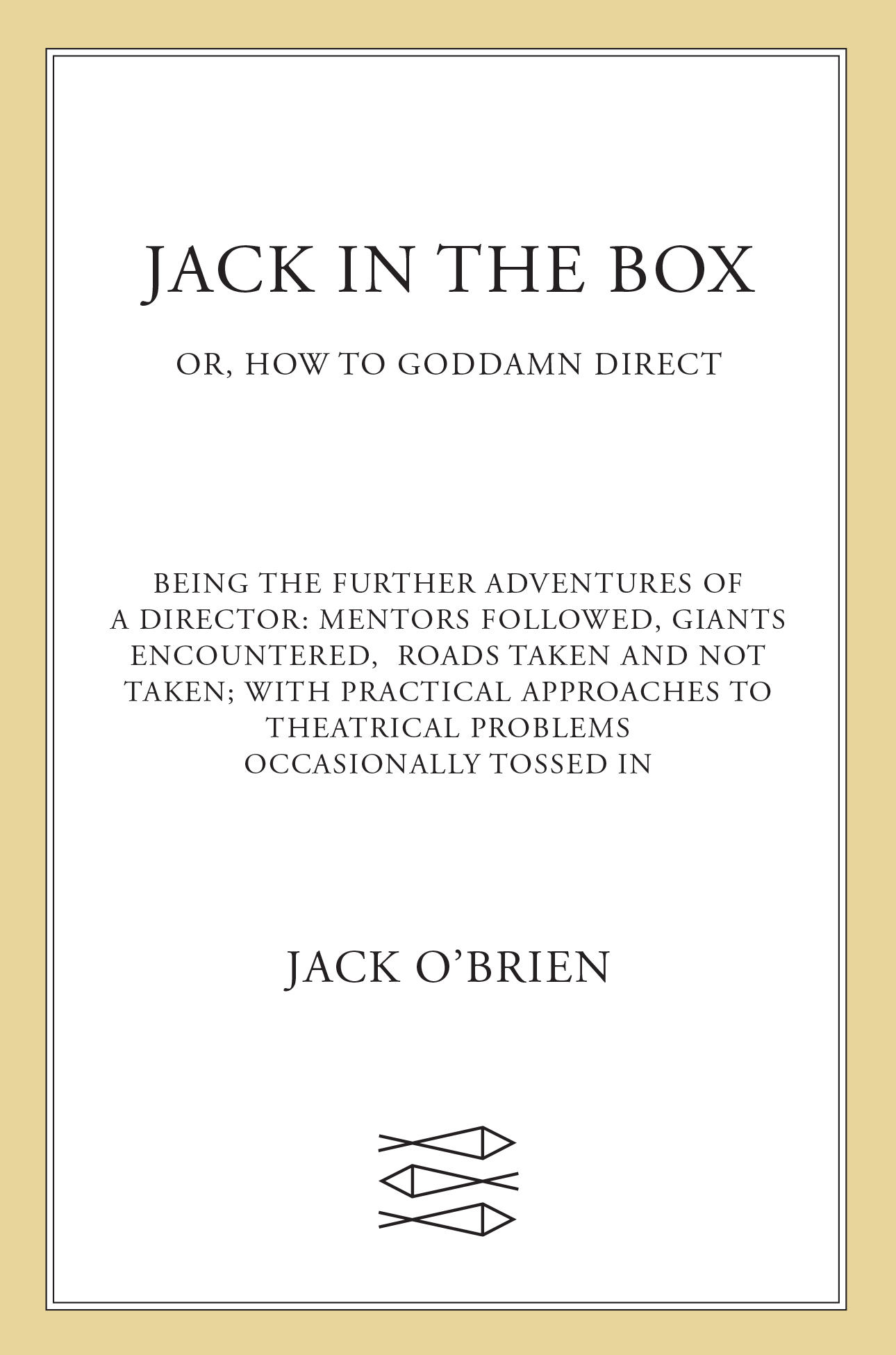Contents
Guide
Pagebreaks of the print version

The author and publisher have provided this e-book to you for your personal use only. You may not make this e-book publicly available in any way. Copyright infringement is against the law. If you believe the copy of this e-book you are reading infringes on the authors copyright, please notify the publisher at: us.macmillanusa.com/piracy.
This is for
My Little Family,
Jeremiah Maestas and Lynn Marie Marvis,
who, despite all odds,
got me this far
We dive inbeing something of an introduction (with serious apologies to you, Dear Reader)
1.
This book is beginning to give me fits. Wouldnt you think Id have a fair idea of how to approach it? I mean, over fifty years of nearly continuous directing I have done the state some service, and they knowt, as Othello reminds us. Its hardly my first time at the rodeo, and Ive even published one book alreadyokay, perhaps not at the top of the New York Times bestseller list, but nary a day goes by without someone referring to Jack Be Nimble, its charm, its insights. Its hardly as if I intentionally made a rude noise in public.
Well, I keep trying. At this stage, I feel I have or should have a lot to say. I have been taught by masters, as my previous book bears witness to, as well as having spent something like twenty-five years as the artistic head of one of the countrys finest and oldest theatresthe Old Globe in San Diego. Days go by, months go by, and times winged chariot ceases to be a useful quote and now looms as a warning: Its now or never, kid.
So the revelation, the confession:
To write usefully about any profession, one has to begin with the assumption that the subject itself allows definingcan, indeed, be defined. How to Raise a Barn, lets say, and Making Your Own Rocket, and even Macram for Fun and Profit lend themselves to a one-two-three-step process promising some degree of information and technique, but directing for the theatre?
We now recognize that this so-called profession we identify as directing is largely an invention of the last century. Prior to that, any degree of direction was usually supplied either by the author himself or by some magisterial and authoritative actor/manager of whatever small production company might be filling the bill. A story is told of as recent a theatre star as Dame Edith Evans, who, essaying once more one of her major roles, was accosted by a young man running back and forth in the stalls near the footlights trying in vain to get her attention as she spoke instructions or suggestions to the other members of the cast. Dame Edith! Dame Edith! he called. She stopped and looked down at him. Yes? she replied in that imperious tone. What is it? You see, the young man stuttered, I am the director! Never mind, she answered. Well find something for you to do!
Even when I was at the university, on the cusp of embracing a fatal attraction for the theatre, most bona fide directors I knew about at the time had come from the ranks of stage management; men and women whose job it was to stand in the wings calling cues for lights and music, entrances and exits, but who basically just stood and waited, as Milton might suggest, with an unobstructed view of how things sorted out in such a way that they might even replicate them, or at least point out an error in judgment or blocking, should the occasion arise. Those candidates for this new category of personnel required to put on a play or an opera had grasped, by way of observation, some simple knowledge of what worked and what didnt, and what they might lack in imagination was, at the least, supplanted by endless repetition of what theyd seen others do more or less correctly, finally adding up to a semblance of craft, I suppose.
But then, as cream will rise to the top, the inevitable began to happen: participants with some further sparks of creativity began to emerge, mainly men at first, but not always who began to bring something fresh to the game, and their efforts began to affect routine performances thanks to the historical impact of a stars personalityactors like William Charles Macready, Edwin Forrest, Alla Nazimova, Eleonora Duse, Sarah Bernhardt, creatures of such power and appeal that their presence alone was enough to guarantee an audience and a successful evening. Suddenly, other names began to emerge who werent actor/managers: Max Reinhardt, Sir Tyrone Guthrie, Konstantin Stanislavsky, David Belasco, Peggy Webster, Orson Wellesnames with their own Shavian spark of divine fire that began to be identified by the public as figures able to guarantee something above and beyond a star performance. And for the most part, they no longer appeared onstage.
And so a profession was born or was it? Because there seemed to be a distinct difference between those who had observed and could replicate efficiently, and these others with something more to bring to the table. And a mastery of the former skill didnt necessarily guarantee acceptance in the second category. Any ordinary workman assiduously practicing his craft might be expected, after a period of time, to attain a degree of comfort in dispatching his duties. Hed probably get reasonably better over time, right? And yet the truth was, if a director happened to drop the creative ball, he probably wouldnt get another opportunity. And even if he did, the stakes rose precipitously. So somehow, How to Direct didnt seem to follow the same trajectory as How to Build a Bloody Good Birdhouse.
2.
I have never been able to shake the feeling that directing doesnt qualify as a regular profession. Im not saying anything one way or the other when I suggest that I never took a single course in directing from any institution. And yet here I am: I direct. For a living. What did happen was that instead of studying a text in class, I found myself serving as someones rehearsal assistant, sitting silently and taking notes for men and women who could direct who did direct and who did it extremely well, and often and whats more, for profit. And that was the way I learned. Not necessarily by watching them triumph, mind you, but just as often by watching them fail, and fail believing, as I did, that they were doing a bang-up job. Which, to me, simply implies an alternate way to learn, in the way that metalworkers and smithies and furniture makers and major chefs over the centuries have been taught. Theyre just there: watching over and over until it sinks in. If it ever does.
3.
Heres the deal, and no surprise: there isnt just one way to direct any specific production. Just think about that, because how many productions of A Midsummer Nights Dream, or All My Sons, or Sam Shepards Buried Child have been mounted over just the past ten or twelve yearsand none of them even remotely similar. Different designers, different actors, different music, different interpretations. In some cases, as in the recent productions of Ivo van Hove, the Belgian director, the creators go so far as to take liberties with the narrative itself, much to the consternation of some, and the evident delight of others.
In other words, there is no right way to do it. It is a methodology, and you simply have to find your way in and out, and people either like it (Wow! A sensational hit!) or they dont (see Rotten Tomatoes about nearly anything). Its a mystery, which is the charming way Tom Stoppard slyly puts it in his lovely screenplay for


